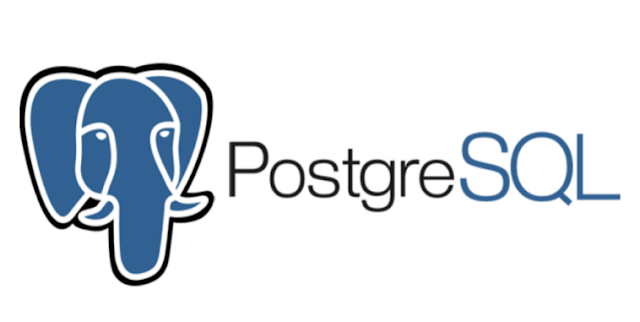PostgreSQL
PostgreSQL, often referred to as Postgres, is a powerful,
open-source relational database management system (RDBMS) that has gained
immense popularity among developers, businesses, and data enthusiasts. Known
for its reliability, feature set, and standards compliance, PostgreSQL is
widely used in various applications, from small-scale web apps to large
enterprise systems.
This article explores the core features, benefits, and use
cases of PostgreSQL, shedding light on why it remains a top choice in the
database ecosystem.
What Is PostgreSQL?
PostgreSQL is an advanced RDBMS that has been in continuous
development since 1986. Originating as part of the POSTGRES project at the
University of California, Berkeley, it was designed to improve upon the
then-existing database systems by emphasizing extensibility and compliance with
the SQL standard.
PostgreSQL is free to use, modify, and distribute, making it
an excellent choice for individuals and organizations looking for a
cost-effective database solution.
Key Features of PostgreSQL
ACID Compliance
PostgreSQL adheres to the principles of Atomicity,
Consistency, Isolation, and Durability (ACID), ensuring robust transaction
management and data integrity.
Extensibility
Unlike many RDBMS options, PostgreSQL allows users to define
custom functions, data types, and operators, enabling advanced customization to
meet specific application needs.
Support for Advanced Data Types
PostgreSQL supports JSON, arrays, XML, and geometric data
types, making it versatile for modern applications like APIs, GIS, and
analytics.
Full-Text Search
Built-in support for full-text search enables PostgreSQL to
handle complex queries efficiently, making it a good fit for applications
requiring search functionality.
Concurrency Control
PostgreSQL employs Multi-Version Concurrency Control (MVCC),
allowing multiple users to access and modify the database simultaneously
without significant performance bottlenecks.
Cross-Platform Compatibility
It is compatible with major operating systems, including
Linux, Windows, and macOS, ensuring broad usability.
Community and Ecosystem
PostgreSQL boasts an active community, comprehensive
documentation, and a plethora of extensions that enhance its capabilities, such
as PostGIS for geospatial data.
Advantages of Using PostgreSQL
Open Source
PostgreSQL is completely open-source, with no hidden costs
or licensing fees. This makes it an attractive option for startups and
enterprises alike.
High Performance
Its ability to handle large volumes of data efficiently
makes PostgreSQL a great choice for analytics and transactional workloads.
Security
With features like SSL connections, role-based access
control, and auditing extensions, PostgreSQL ensures data security and
compliance.
Scalability
PostgreSQL scales well both vertically (on a single server)
and horizontally (across multiple servers), supporting a wide range of
workloads.
Common Use Cases
Web Applications
PostgreSQL powers many dynamic web applications due to its
ability to handle complex queries and scalability.
Data Warehousing
Its analytical functions and support for large datasets make
PostgreSQL a good candidate for data warehousing solutions.
Geospatial Applications
With PostGIS, PostgreSQL is a leader in managing and
analyzing spatial data for applications like mapping and GIS.
APIs and Microservices
The JSON and XML support allow PostgreSQL to serve as a
backend for modern API-driven applications.
Getting Started with PostgreSQL
Installing PostgreSQL is straightforward. It can be
downloaded from the official website and installed on various operating
systems. Additionally, cloud-based solutions such as AWS RDS, Google Cloud SQL,
and Azure Database offer managed PostgreSQL instances, eliminating the need for
manual configuration.
After installation, users can interact with PostgreSQL using
tools like psql (command-line interface), GUI clients like pgAdmin, or
programming libraries for languages such as Python, Java, and C#.
Conclusion
PostgreSQL’s blend of features, flexibility, and performance
makes it a powerful database solution for projects of any size. Whether you are
a developer working on a startup application or an enterprise looking for a
robust database system, PostgreSQL offers a reliable and cost-effective choice.
Its open-source nature and active community ensure it will continue evolving,
solidifying its place as one of the top databases in the world.

Comments
Post a Comment